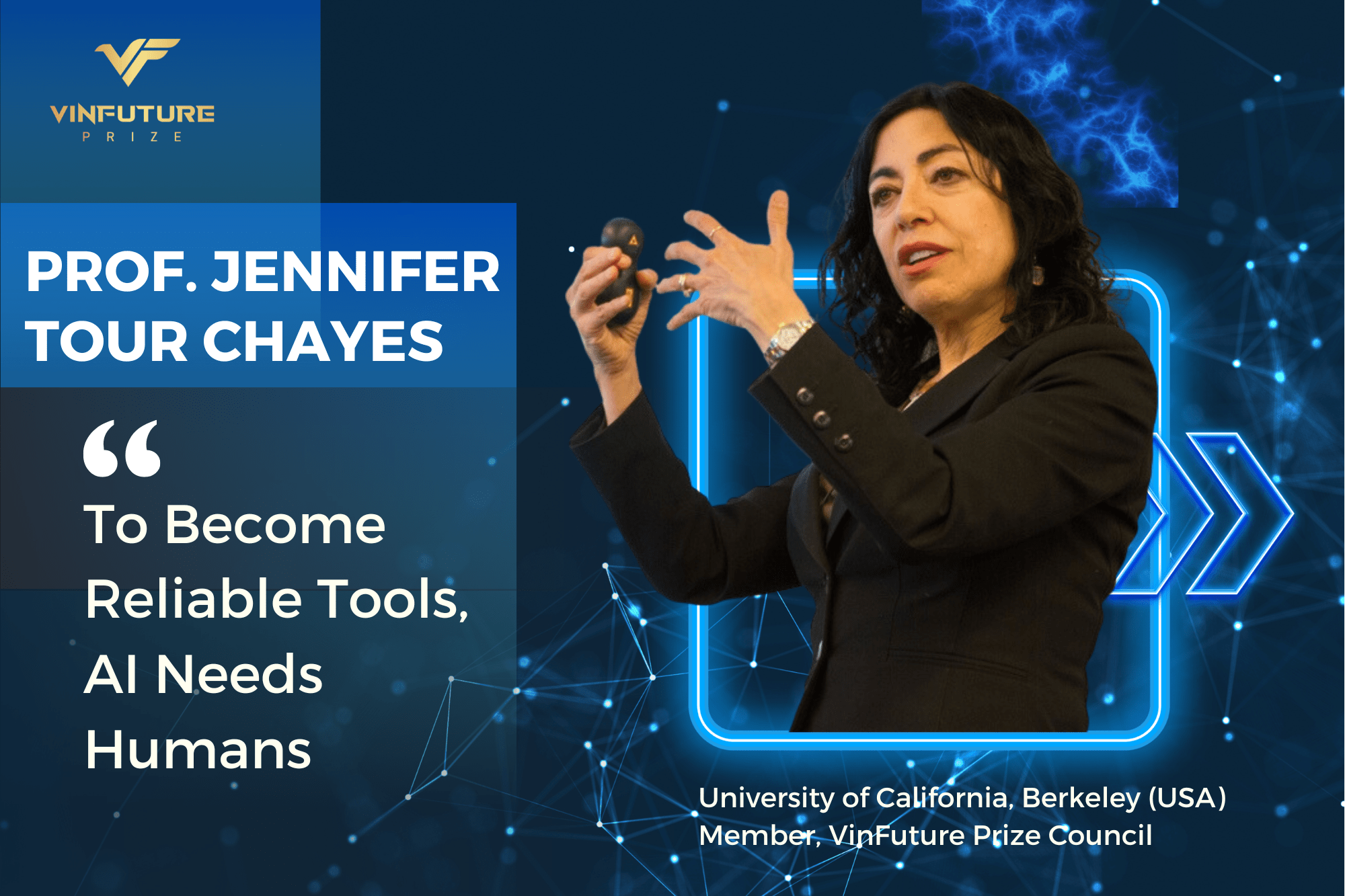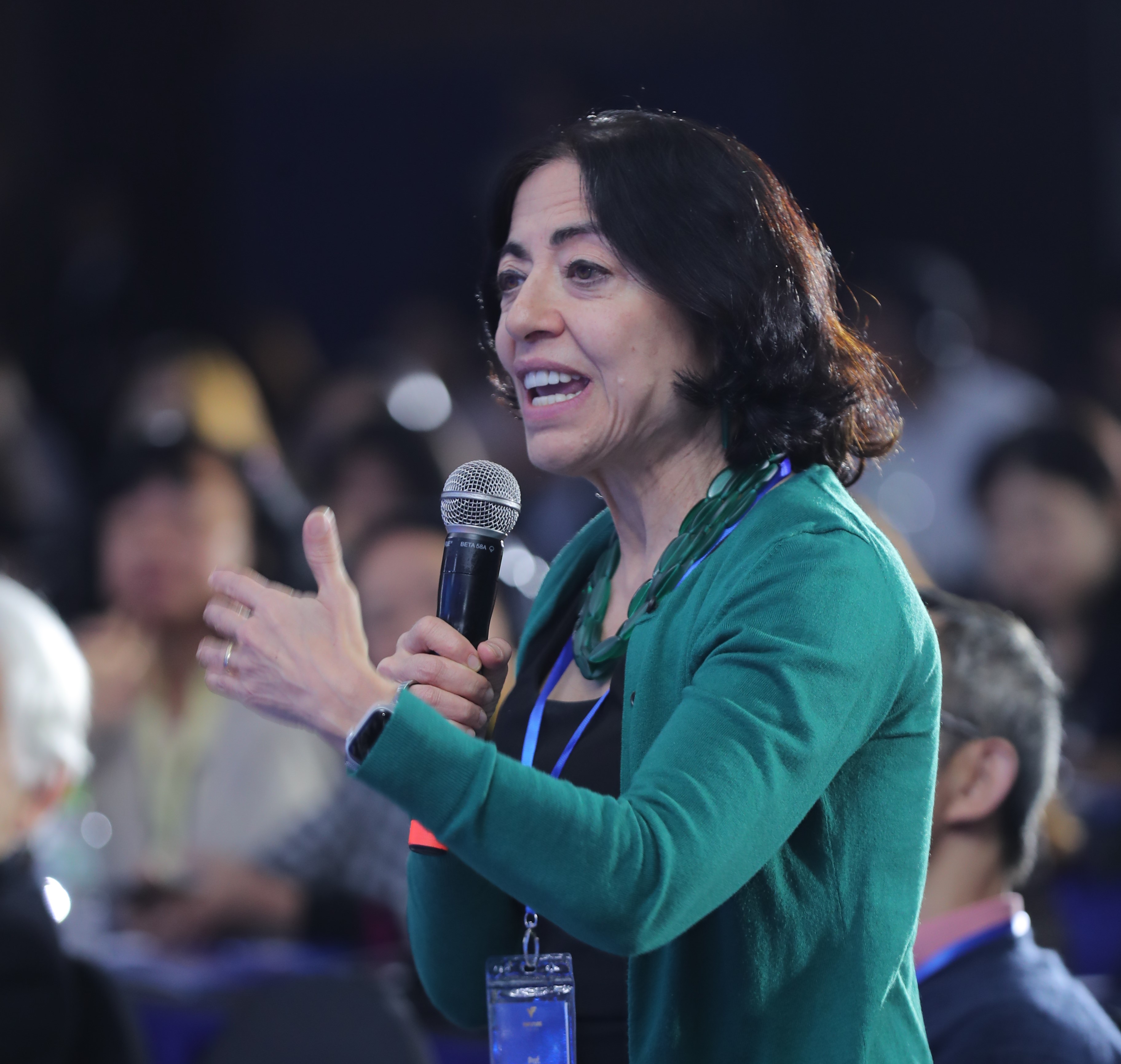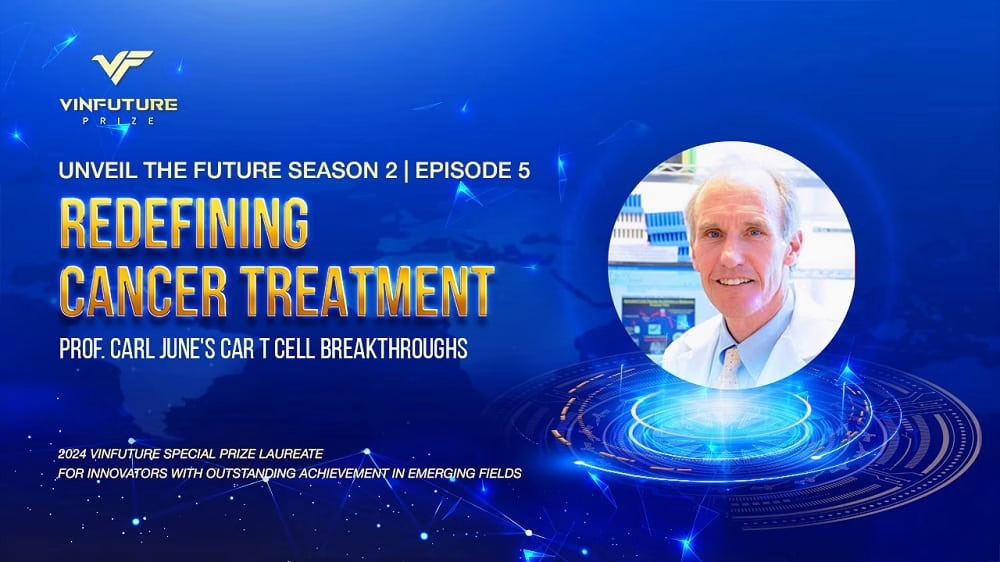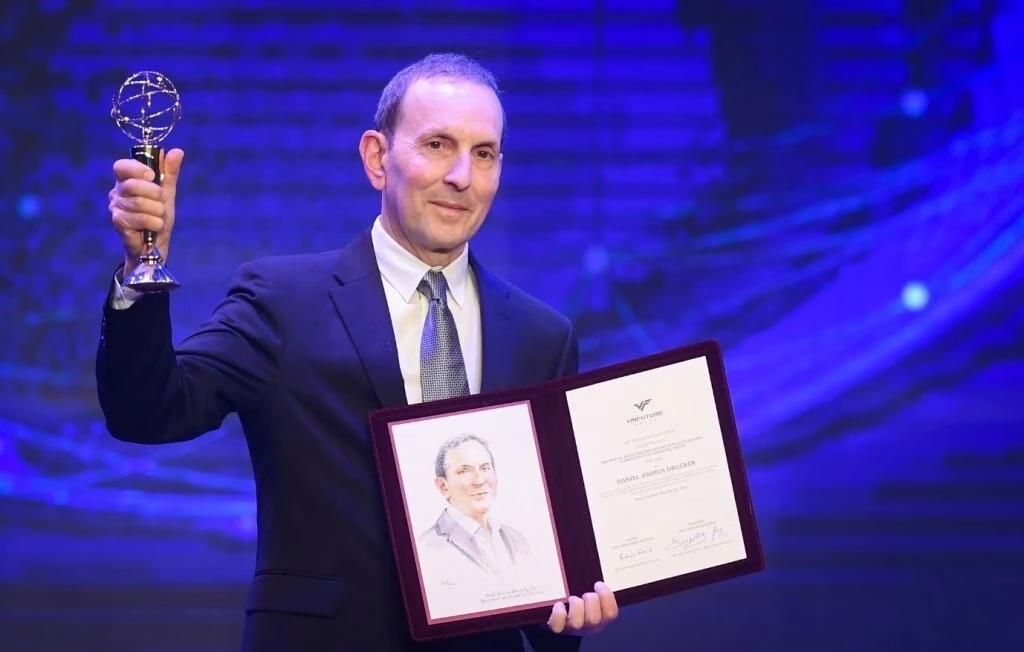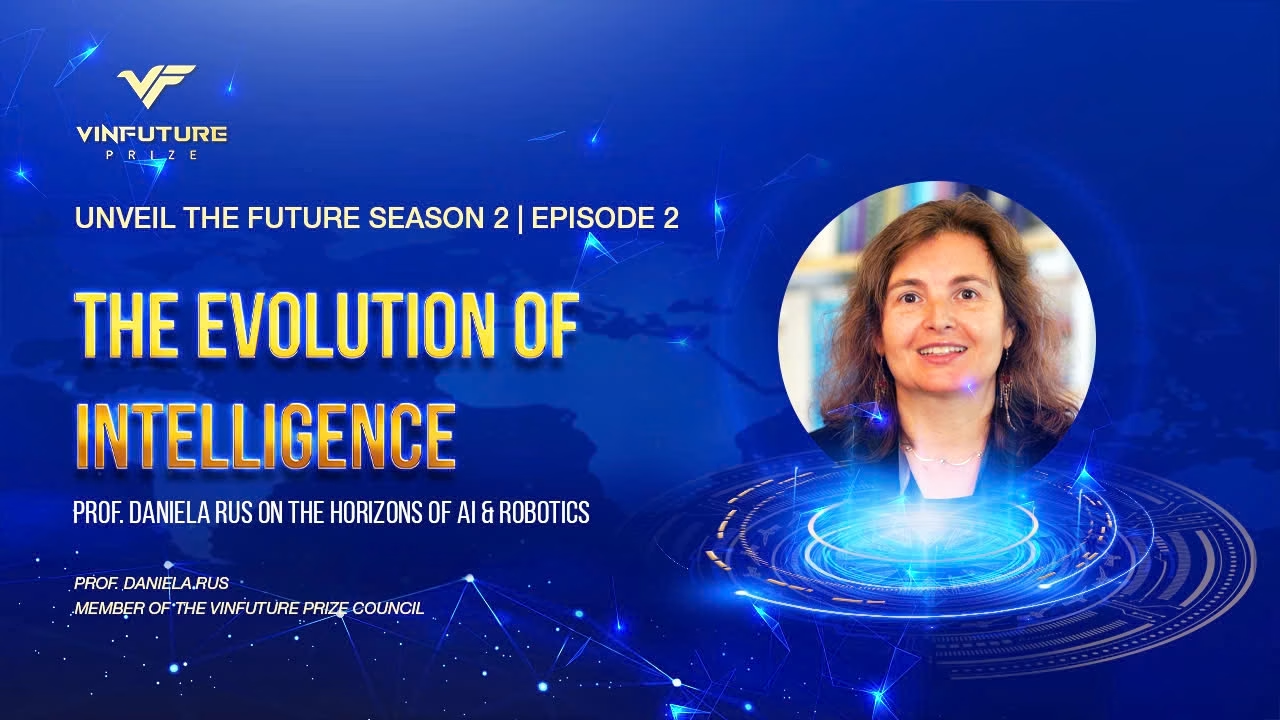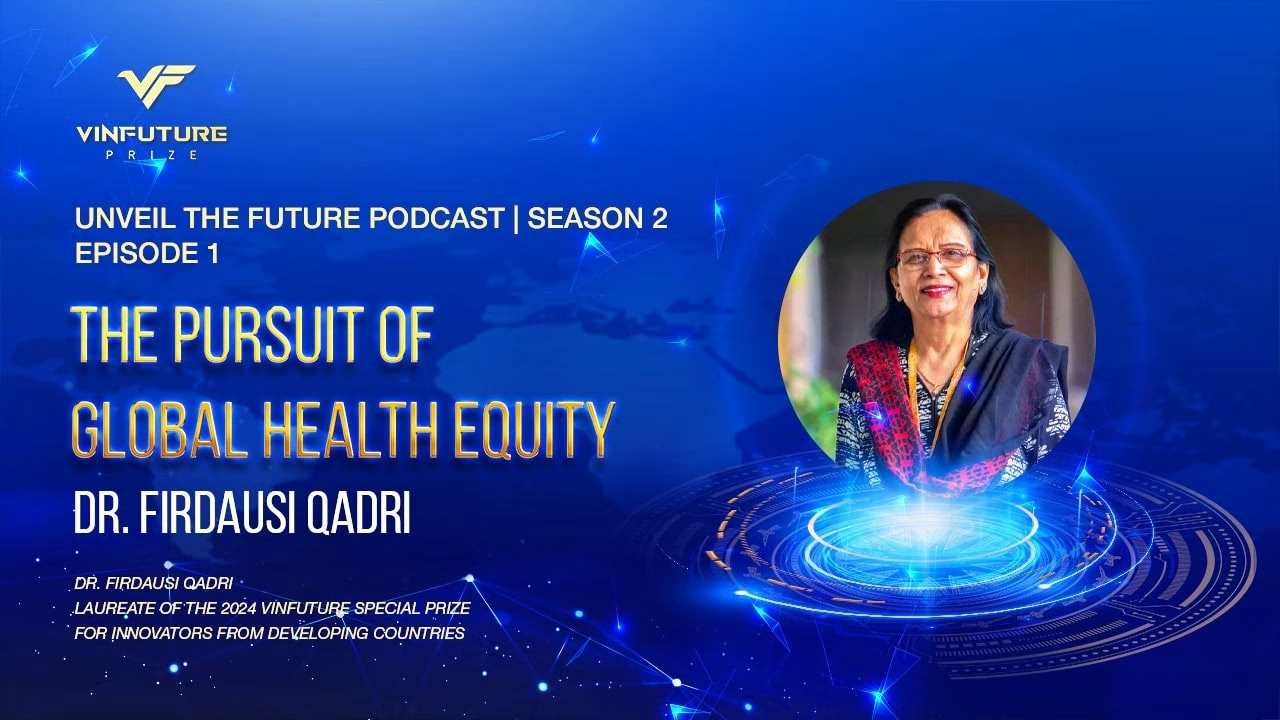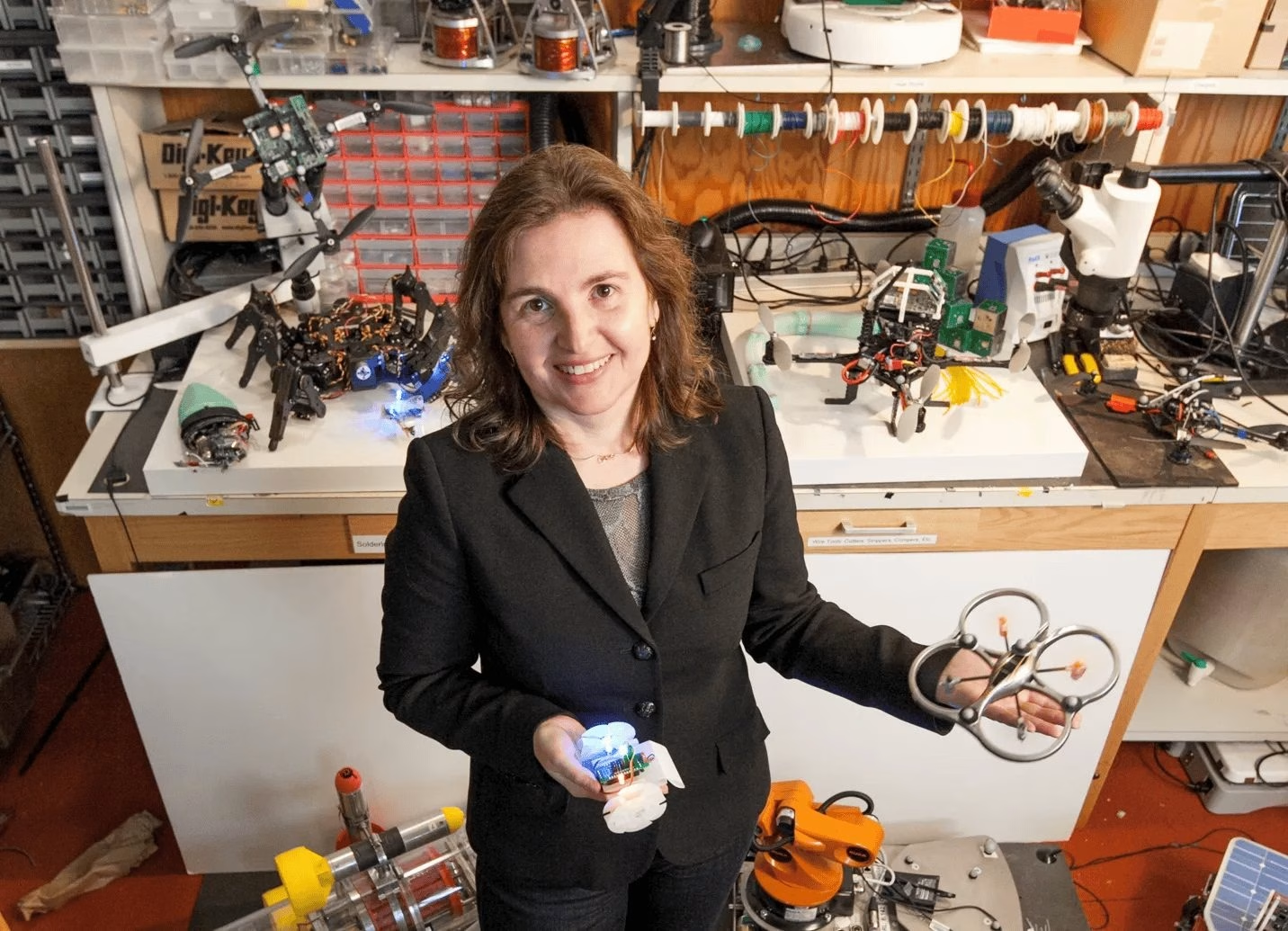The future of AI in daily life
– How do you envision ChatGPT and similar AI language models shaping human communication and interaction in the future?
– Professor Chayes: I expect that large language models (LLMs) such as ChatGPT will continuously be improved by their developers and take on more automated communication tasks. But these LLMs are only as good as the data and information they rely on and the algorithms used to improve them. There will need to be human involvement and engagement in making these models more useful to humans. We need more training, including reinforcement learning based on human judgements, to avoid so-called “hallucinations” – returning false information.
Beyond pure communication among humans, LLMs will have a profound impact on many other fields where, with the right “prompt engineering,” the LLMs can be trained to sort through information on very large scales. For example, I now have some work in collaboration VinFuture Prize Laureate Omar Yaghi, showing how using the right prompts and interactions with humans, LLMs can accelerate the synthesis of certain materials by two orders of magnitude.
– Are there any potential risks associated with AI-powered chatbots like ChatGPT, and how can they be mitigated?
– Professor Chayes: Potential risks with AI-powered chatbots include reliance on non-authoritative, un-curated information. Without human curation, chatbots can spread unintentionally or intentionally incorrect information. Chatbots can help to increase human capacity but they need some level of human intervention to be reliable.
– What areas or industries do you foresee AI having the most significant impact in daily life, and why?
– Professor Chayes: AI can help us with routine tasks (writing emails, searching for references, doing some paralegal work, and even coding), although this work will need to be monitored to prevent hallucinations by the LLMs. But this just scratches the surface. I believe that, with proper interaction with humans, AI will spread into many other domains, including anticipated domains like self-driving cars, and unanticipated domains like biomedicine and climate change, where AI-driven innovation will lead to improved outcomes in human health and the health of our planet.
– What are the potential risks or concerns associated with the increased reliance on AI in daily life, and how can they be addressed?
– Professor Chayes: One challenge lies in the source materials for this kind of information – what data are large language models such as ChatGPT relying on and how accurate and reliable are they? I expect this will improve over time, but it will require humans to inform how LLMS can be most useful to people and society.
Replace and Emerge
– How do you anticipate that AI will impact the job market in terms of replacing certain work skills? Can you provide examples of specific work skills or tasks that are likely to be replaced by AI in the near future?
– Professor Chayes: There are certain professions that will change in that people will use more AI assistants – coding (software engineering), paralegal work, etc. However, rather than replacing people, we will see an interaction between the AI assistant and the human.
– On the other hand, what new career fields or opportunities do you foresee emerging as a result of AI advancements?
– Professor Chayes: I anticipate continued growth in technical fields such as computer science and data science, and increased collaboration and connections with professions such as law, economics, journalism, medicine, and public health – to name just a few – in order to best use AI-enabled technology for good to help solve human needs and societal issues.
I see a huge opportunity in using AI for science. At the UC Berkeley College of Computing, Data Science, and Society, we’re developing new techniques for using relatively sparse data to make positive impacts on areas of societal importance, such as biomedicine and health, climate and sustainability, and human welfare.
– In what ways can AI and automation be leveraged to augment human skills and expertise, rather than replace them?
– Professor Chayes: AI enabled by people can help support people, but it cannot adequately replace them. AI does not have anywhere near the creativity and reasoning capabilities that humans possess. I anticipate that we will find increasing opportunities for AI to help people and make us more efficient and productive, similar to how we have experienced and shaped other technological innovations in the past.
– What role can education and continuous learning play in adapting to the changing job market influenced by AI?
– Professor Chayes: Continuous learning will be essential in a rapidly changing job market. AI can actually enable this learning by providing personalized tutors that can rapidly help people learn new skills.
